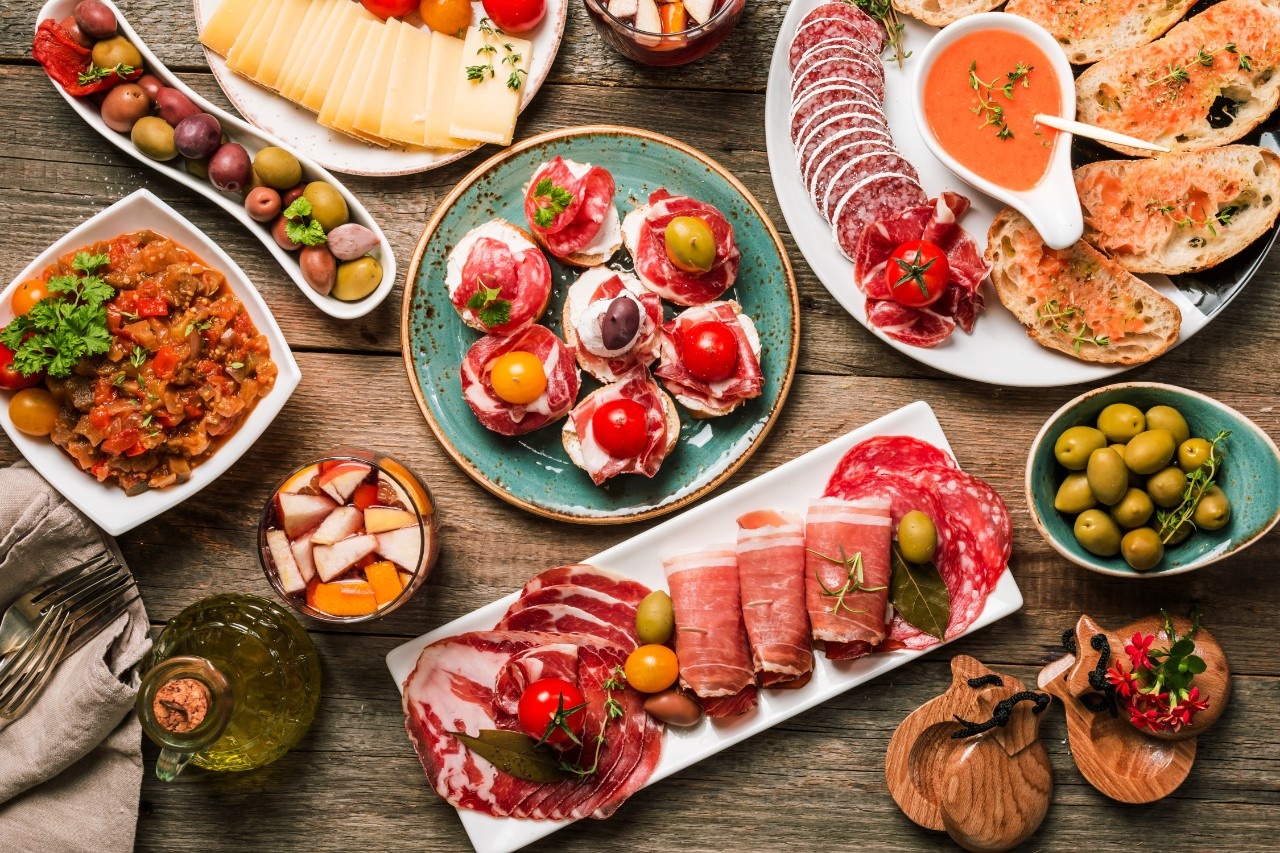春雨直播
The Agri-Food Analytics Lab (AAL) uses advanced analytics to fully understand the future of food. The AAL provides a global knowledge hub, forum, and destination for sharing the latest intelligence, research and learning on fisheries, agriculture, aquaculture, and food.聽聽
A range of rapidly emerging risks
Across the world, the agri-food industry is changing fast, dynamism driven by:
- risks relating to food security, and to the sustainability of soil, water, fisheries, agriculture, and aquaculture
- mounting threats to health from rising obesity, high blood pressure, and heart disease
- supply chain problems, such as food authenticity
- threats to developing and ancient food cultures, and to consumer choice
- shifting, and harder-to-track, consumer tastes
- insufficient data to allow a full understanding of how and why the world鈥檚 food systems are changing; how agriculture and food communities 鈥� from farmers to consumers, including processing and distribution 鈥� can collaborate more effectively; and of the future of food in general
Evidence-based insights
Against this backdrop, the AAL 鈥� an independent knowledge hub headquartered at 春雨直播 University on Canada鈥檚 east coast 鈥� uses advanced agri-food analytics to help the industry explore, learn, innovate, commercialize; and to improve food quality, security, sustainability, appreciation, and 鈥榟ealthfulness鈥�.
Drawing on diverse, deep, and broad expertise from across agriculture and aquaculture, oceanography, engineering, computer science, philosophy, and sociology, the AAL collects, monitors, and continuously mines agri-food data to improve distribution of healthy, affordable and sustainable food. 聽
Vision and mission
The Agri-Food Analytics Lab (AAL) aims to understand the future of agri-food systems through analytics. The bilingual institute provides a global knowledge hub and space for sharing intelligence, research and learning on food security, agriculture, aquaculture, agri-business and social aspects of food.聽 聽
